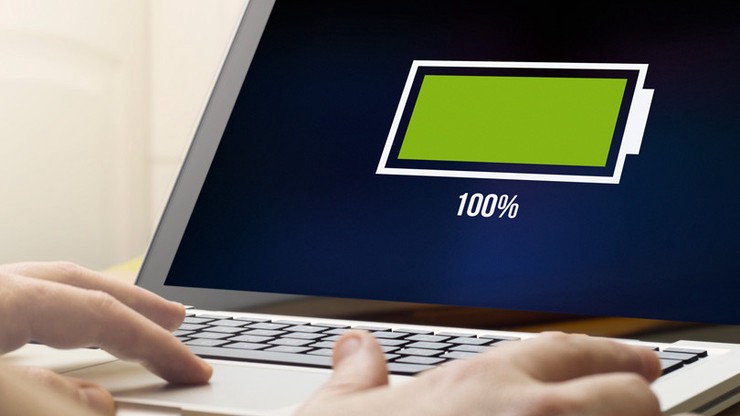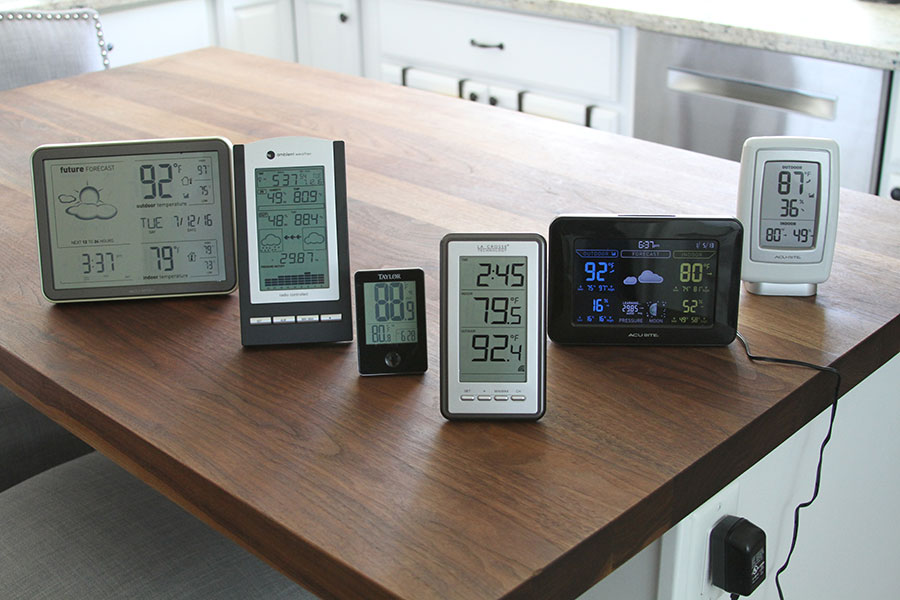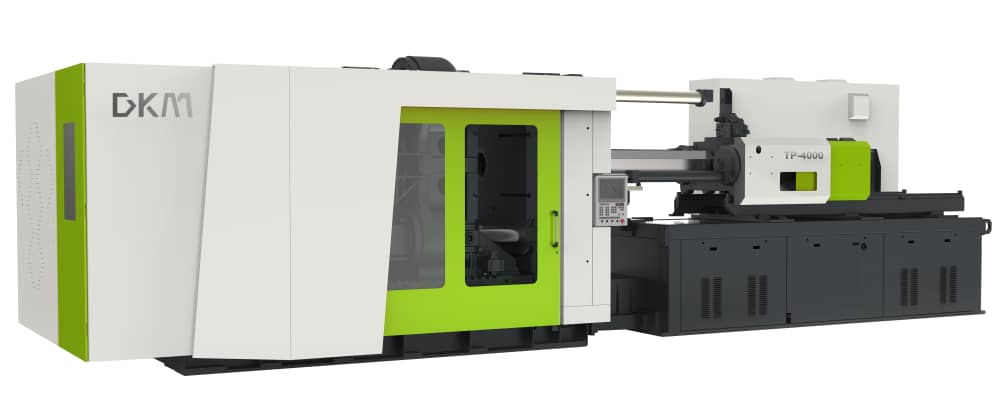In today’s world, laptops are an essential part of our lives. They have become crucial tools for both personal and professional use. However, one of the major problems with using laptops is their battery life. No matter how advanced the laptop is, it always seems to run out of battery at the most inconvenient time.
In this article, we will share 9 ways to longer laptop battery life to help you get the most out of your laptop’s battery.
Reduce screen brightness
According to a computer repairs company, one of the most significant battery drains on a laptop is the screen. By reducing the screen’s brightness, you can significantly extend your battery life. The screen’s brightness can be adjusted by pressing the function keys on your keyboard or through your laptop’s power settings.
Turn off unused devices
If you are not using a device such as Bluetooth, Wi-Fi, or any other external device, turn it off. These devices use power even when they are not being used, which can drain your battery.
Unplug external devices
External devices such as printers and scanners can use a lot of power. If you are not using them, unplug them from your laptop.
Reduce background processes
Background processes such as software updates, antivirus scans, and automatic backups can use up your battery life. You can disable these processes or change the settings to run them when the laptop is plugged in.
Use battery saver mode
Most laptops have a battery saver mode that can help you extend the battery life. This mode will reduce the laptop’s performance, but it will extend the battery life. You can turn on battery saver mode through your laptop’s power settings.
Remove external media
External media such as CDs, DVDs, and USB drives can drain your laptop’s battery. Remove them when they are not in use.
Hibernate instead of standby
When you are not using your laptop, instead of putting it on standby, hibernate it. This mode will save the current state of your laptop and turn off the power. This mode will consume less power and save your battery.
Also Read: How to Fix Com Dti Folderlauncher App Issues
Use the right charger
Always use the charger that comes with your laptop. Using the wrong charger can cause damage to your battery, and it may not be compatible with your laptop.
Keep your laptop cool
The temperature of your laptop can affect the battery life. High temperatures can cause your battery to drain quickly. Make sure your laptop is in a well-ventilated area and not placed on a surface that traps heat.
Finally, be sure to invest in a high-quality laptop charger. Chargers that are compatible with your laptop can provide longer-lasting charge times and reduce battery drainage. Using the above tips and tricks can extend a laptop’s battery life and improve its overall performance. With some foresight and a little extra precaution, laptop users can maximize their device’s battery life and use it for a longer period of time.
In conclusion, by following these simple tips, you can extend your laptop’s battery life and get the most out of it. You can save time, money, and the hassle of having to constantly charge your laptop or get it repaired by a laptop repair technician. Always make sure to follow the instructions that came with your laptop, and you’ll be able to keep your battery running longer.
When to Replace a Laptop Battery
Laptop batteries typically last for several years before needing to be replaced. However, there are a few signs that indicate it may be time for a new battery:
-Diminished runtime: If your laptop used to run for several hours on a charge but now only lasts for a couple of hours, it’s probably time for a new battery.
-Inconsistent performance: If your laptop’s battery life seems to fluctuate randomly, it could be a sign that the battery is starting to fail and should be replaced.
-Swollen or misshapen battery: A physical change in the shape of the battery is an indication that it is no longer functioning properly and needs to be replaced.
How to Dispose of a Laptop Battery
A laptop battery should be disposed of properly to ensure that it does not pose a risk to the environment or to public health. There are a few different ways that you can dispose of a laptop battery, and each method has its own advantages and disadvantages.
The best way to dispose of a laptop battery is to recycle it. Recycling laptop batteries helps to reduce the amount of hazardous waste that is produced each year, and it also helps to conserve resources. There are many recycling centers across the country that will accept laptop batteries, so finding one should not be difficult. The only downside to recycling is that it can be expensive, depending on where you live.
Another option for disposing of a laptop battery is to simply throw it away in the trash. This is the easiest and most convenient method, but it is also the least environmentally friendly. If you do choose to throw your battery in the trash, be sure to wrap it securely in order to prevent any accidents.
Also Read: Comparison Between Dell and HP Servers
The final option for disposing of a laptop battery is to incinerate it. This method completely destroys the battery, so there is no risk of it leaking harmful chemicals into the environment. However, incineration is very energy-intensive, so it is not always the most sustainable option.
FAQs About Laptop Batteries
1. What factors affect laptop battery life?
There are many factors that can affect how long your laptop battery will last. These include the type of battery, how new the battery is, what settings you have your laptop on, how much power it is using, how hot it is outside, and more.
2. How can I make my laptop battery last longer?
There are a few things you can do to help increase your laptop battery life: use power saving mode when possible, don’t keep your laptop on full brightness all the time, close unused programs and tabs, and unplug any USB devices when not in use. Additionally, make sure to keep your laptop clean and free of dust as this can also help extend its battery life.
3. Is it bad to leave my laptop plugged in all the time?
It’s not necessarily bad to leave your laptop plugged in all the time but it can shorten the overall lifespan of the battery. If you don’t need to be plugged in constantly, try to only plug in when needed or when your battery gets low.








Comments on “9 Ways to Increase Laptop Battery Duration”
Comments are closed.